Unlocking the power of machine learning: transforming the future of machines
In view of the continuous development of technology, machine learning is emerging as a transformative force that can reshape industries, redefine problem solving, and open new horizons in the field of innovation. As we explore the world of machine learning, we discover its principles, applications, and the profound impact it has on the way we live and work.
Understanding the essence of machine learning: At its core, machine learning is a branch of artificial intelligence that enables computers to learn and improve from experience without being explicitly programmed. Instead of relying on traditional programming methods, machine learning algorithms use data to identify patterns, make decisions, and continually improve their performance over time. This ability to learn and self-adapt distinguishes machine learning from traditional computing.
Main components of machine learning:
Data collection and preparation:
The foundation of machine learning lies in data. Huge data sets are collected, cleaned, and processed to ensure that the information needed to train models is available.
Algorithms:
Algorithms are the main engine behind learning processes. These algorithms range from linear regression for predictive analysis to complex neural networks capable of deep learning.
Model training:
During the training phase, the model in machine learning learns to recognize patterns and relationships within the provided data. The model gradually adjusts its parameters, improving its ability to make accurate predictions or classifications.
Evaluation and testing:
The machine learning model must undergo rigorous evaluation and testing to ensure its accuracy and reliability. This involves evaluating its performance on new, unseen data to verify its ability to generalize.
Publication:
Once the model is trained and tested, it can be deployed for practical applications. From recommendation systems in e-commerce to self-driving cars, the deployment of machine learning models is diverse and influential.
Applications in various industries:
health care:
Machine learning is revolutionizing healthcare by enhancing diagnosis, predicting patient outcomes, and personalizing treatment plans. Analyzing medical data helps identify potential health risks and improve patient care.
Finance:
Machine learning is used in the financial sector for fraud detection, risk assessment, and automated trading. Predictive model analysis provides valuable insights for investment decisions.
Manufacturing:
Machine learning-powered automation in manufacturing enhances efficiency, reduces errors, and enables predictive maintenance. The most delicious factories



